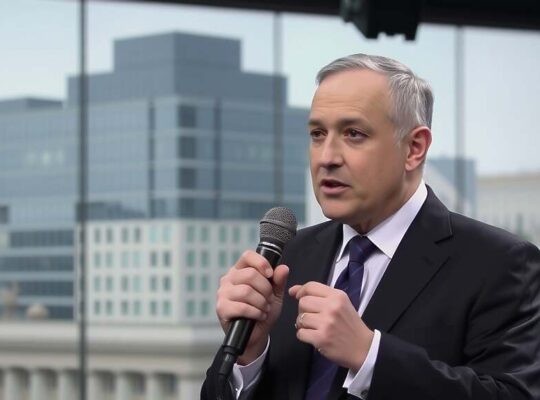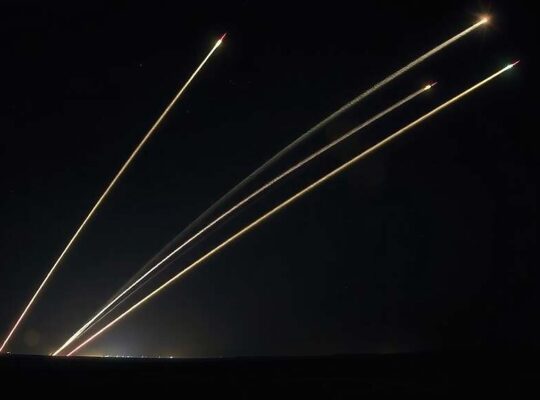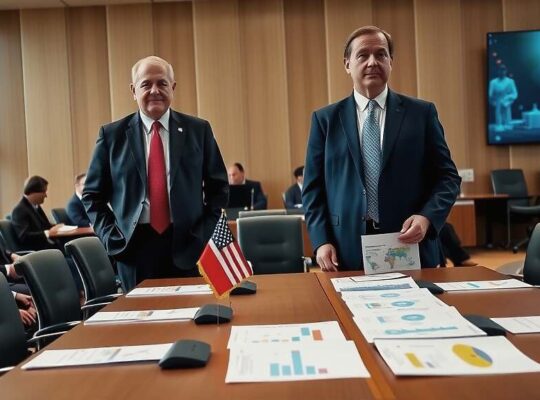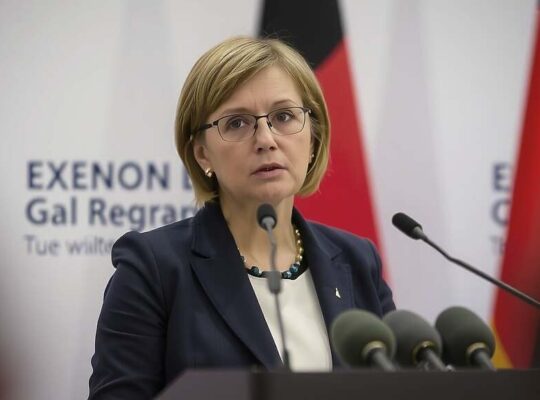The German government has publicly acknowledged that it was unaware of a reportedly new peace plan being developed by the U.S. administration regarding the conflict in Ukraine, sparking immediate criticism and raising serious concerns about transparency and potential geopolitical ramifications. Thorsten Frei, Head of the Chancellery and a prominent figure within the Christian Democratic Union (CDU), confirmed to RTL and n-tv that he personally had no prior knowledge of the proposal.
Frei’s reaction to the initial reports characterizing the plan was sharply critical. He warned that the apparent terms under which the U.S. is reportedly exploring a resolution could inadvertently enable Russian President Vladimir Putin to achieve battlefield objectives that have thus far proved unattainable through military action. Such an outcome, he asserted, would be unacceptable.
The alleged peace plan, as reported by the “Financial Times” citing sources involved in the discussions, calls for substantial concessions from Ukraine, including the complete cession of the contested territories of Donetsk and Luhansk and a significant reduction in Ukraine’s military strength – effectively halving its armed forces.
This purported framework is particularly concerning given the current context. Russia has intensified its attacks on Ukraine, focusing primarily not on military targets but on critical energy infrastructure and civilian areas. Frei highlighted this as a “perverse situation” created by Russia, suggesting extreme caution is required in responding to any proposed settlement.
The lack of prior consultation with key allies, including Germany, has fueled accusations of a lack of transparency and questions regarding the degree of coordination between the U.S. and its European partners. Critics argue that a proposal with such potentially destabilizing effects for Ukraine requires a far more open and collaborative discussion process, especially given the considerable financial and military support European nations have provided to Kyiv.
The emergence of this plan raises significant questions about the U.S.’s broader strategy for the conflict and whether it signals a shift towards pressuring Ukraine to accept less favorable terms at a time when Russia’s military campaign remains relentlessly focused on crippling the nation’s essential systems and civilian lives.












